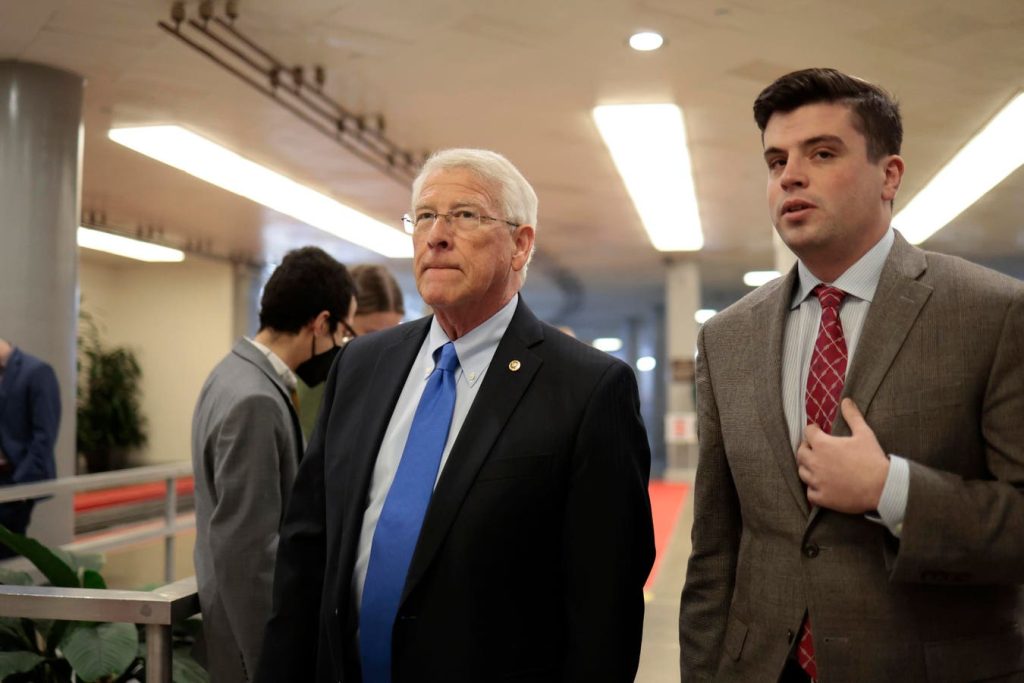Senator Roger Wicker, a Republican from Mississippi, is known for receiving a significant amount of campaign funding from the arms industry and is a strong advocate for increasing military spending. Recently, he released a report promoting the idea of “peace through strength,” suggesting that more spending on the Pentagon is crucial for ensuring national security. However, critics argue that his proposals should be scrutinized carefully, given the potential conflicts of interest involved.
Wicker’s report highlights China, Russia, Iran, and North Korea as the most dangerous adversaries the U.S. has faced since World War II, stating that these nations are working together to undermine the United States. While some may be inclined to support a significant increase in the Pentagon’s budget based on this premise, others caution against treating these countries as a unified bloc, as each has its own interests and goals. They believe that a more nuanced approach based on diplomacy and engagement would be more effective.
Critics also point out that the official national defense strategy of the U.S. is overly ambitious, calling for military intervention across the globe and an expansion of nuclear weapons capabilities. Wicker’s plan to increase shipbuilding, missile defense, and nuclear weapons programs would come at a high cost, with the Pentagon’s budget potentially reaching $1.25 trillion or more. Critics argue that such a militaristic approach could lead to destabilizing conflicts and escalation.
Instead of focusing solely on military solutions, critics suggest that a more balanced approach that includes diplomacy, economic engagement, and crisis communications is needed to address global security challenges. They argue that the U.S. is currently overinvested in military programs and underinvested in non-military tools to address threats like climate change, pandemics, and inequality. They urge Senator Wicker to reconsider his approach and prioritize a more comprehensive strategy for national security.
Wicker’s invocation of the “peace through strength” mantra, often associated with Ronald Reagan, is criticized for oversimplifying the complex dynamics that led to the end of the Cold War. Critics argue that the collapse of the Soviet Union was primarily due to internal factors and the impact of anti-nuclear movements, rather than military spending. They urge Wicker to reevaluate his recommendations and consider alternatives that prioritize global peace and stability over excessive military build-up.
In conclusion, Senator Roger Wicker’s proposals for increased military spending are met with skepticism by critics who argue that a more nuanced and comprehensive approach to national security is needed. They caution against oversimplifying the challenges posed by potential adversaries and urge a greater focus on non-military tools to address global threats. Critics also highlight the historical complexities that led to the end of the Cold War, emphasizing the importance of diplomacy and people’s movements in achieving lasting peace. Senator Wicker is encouraged to reconsider his recommendations and work towards a safer and more secure world.


